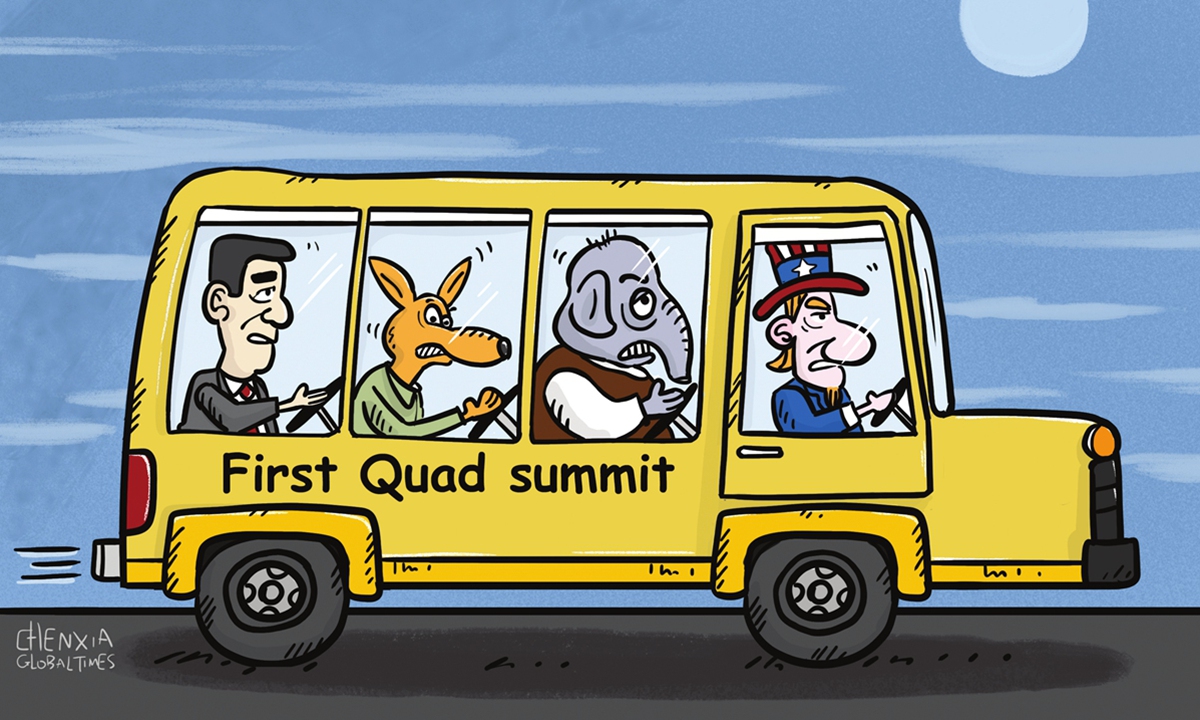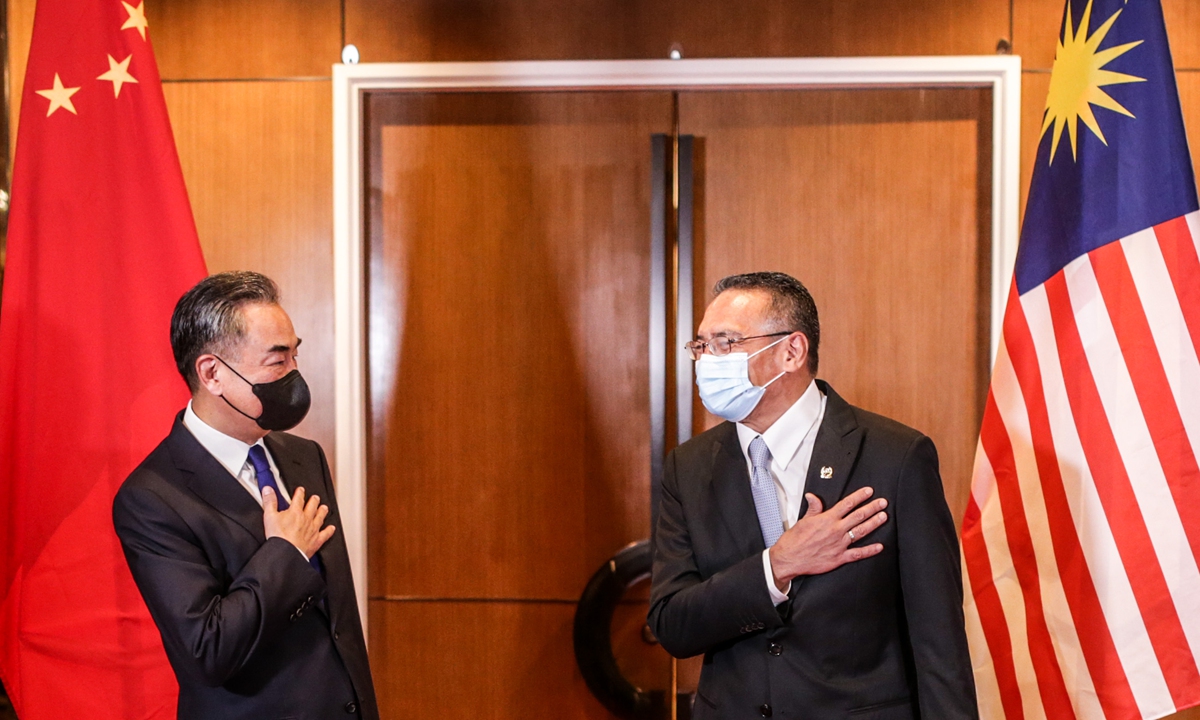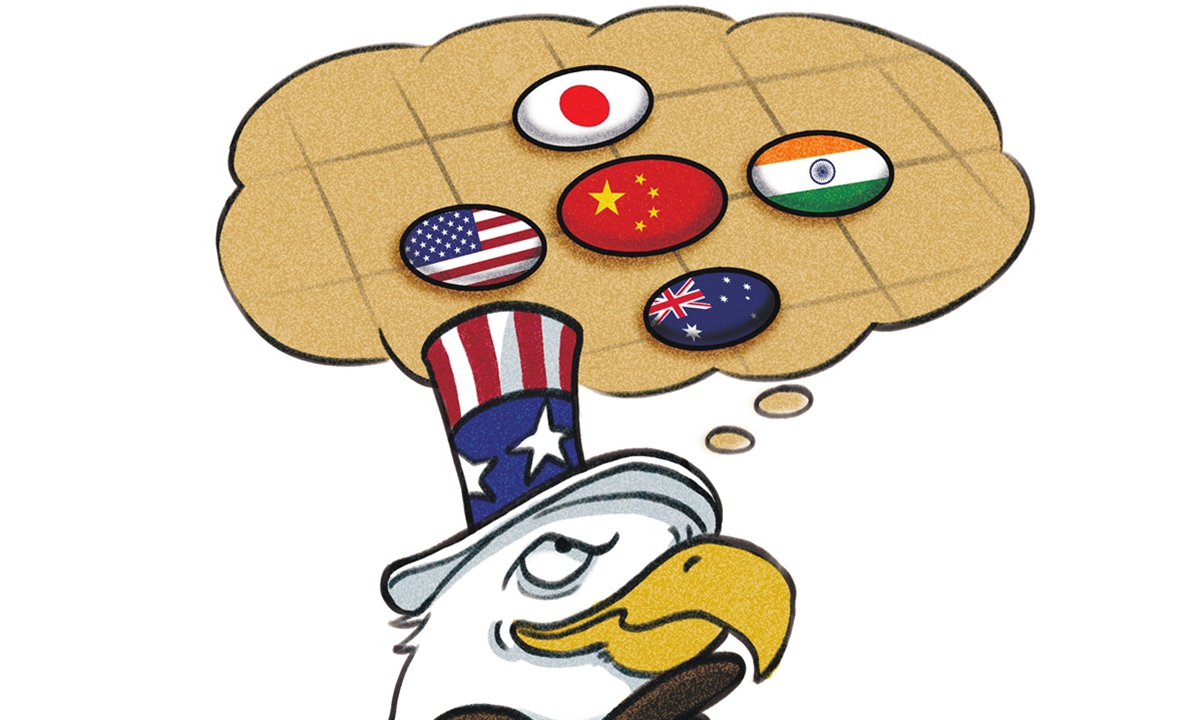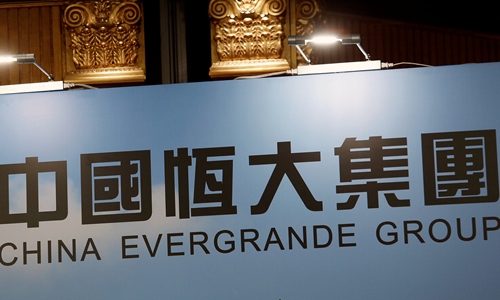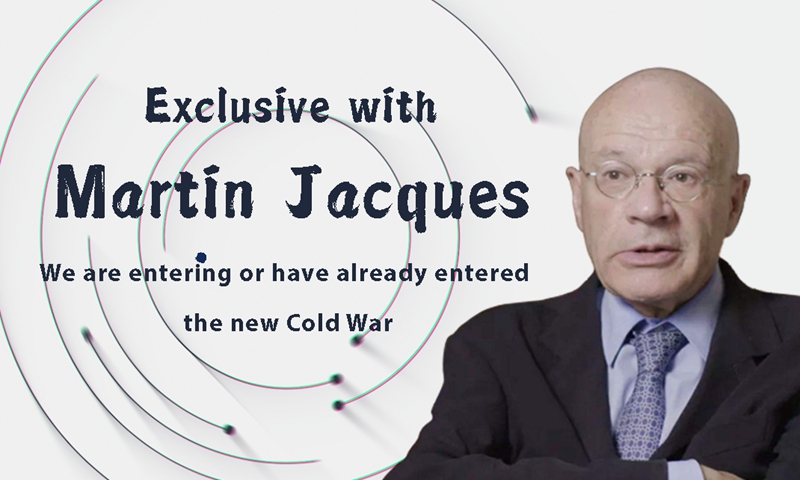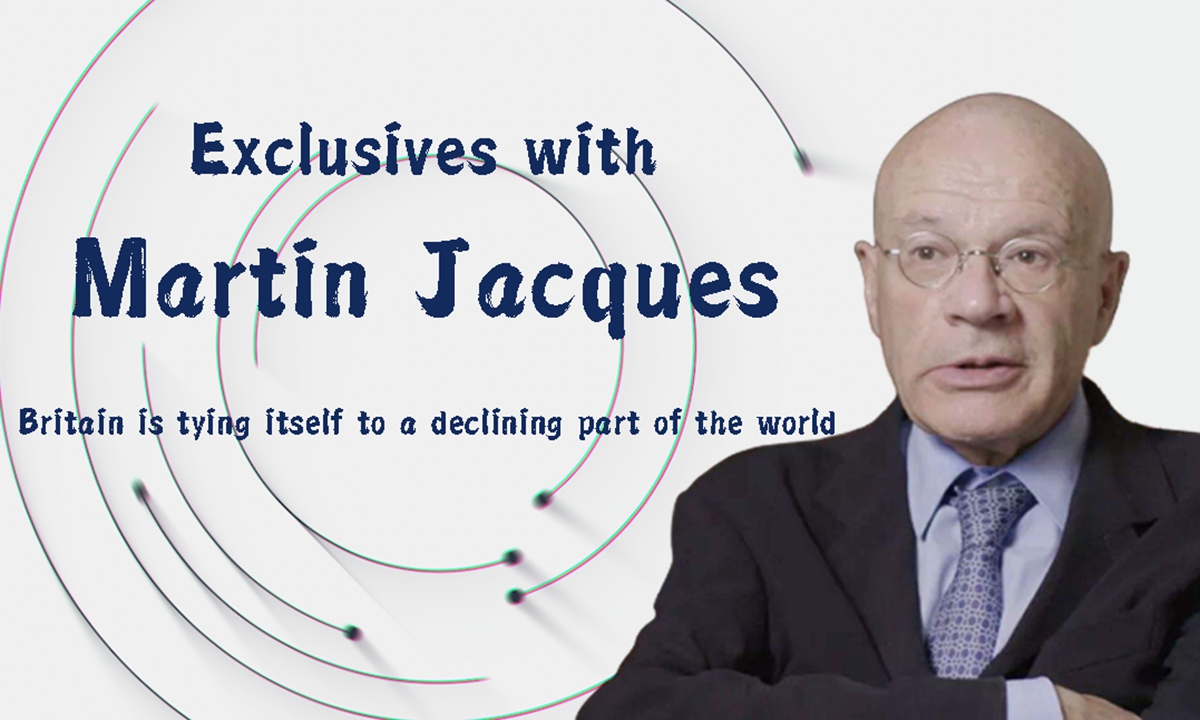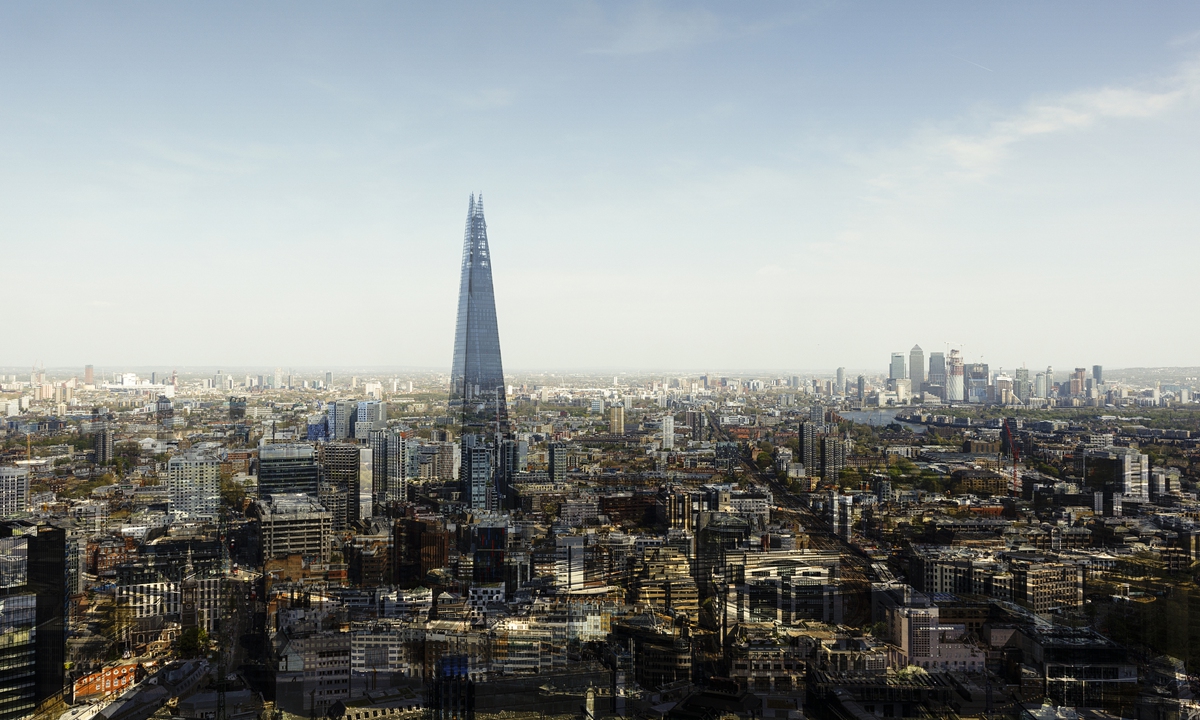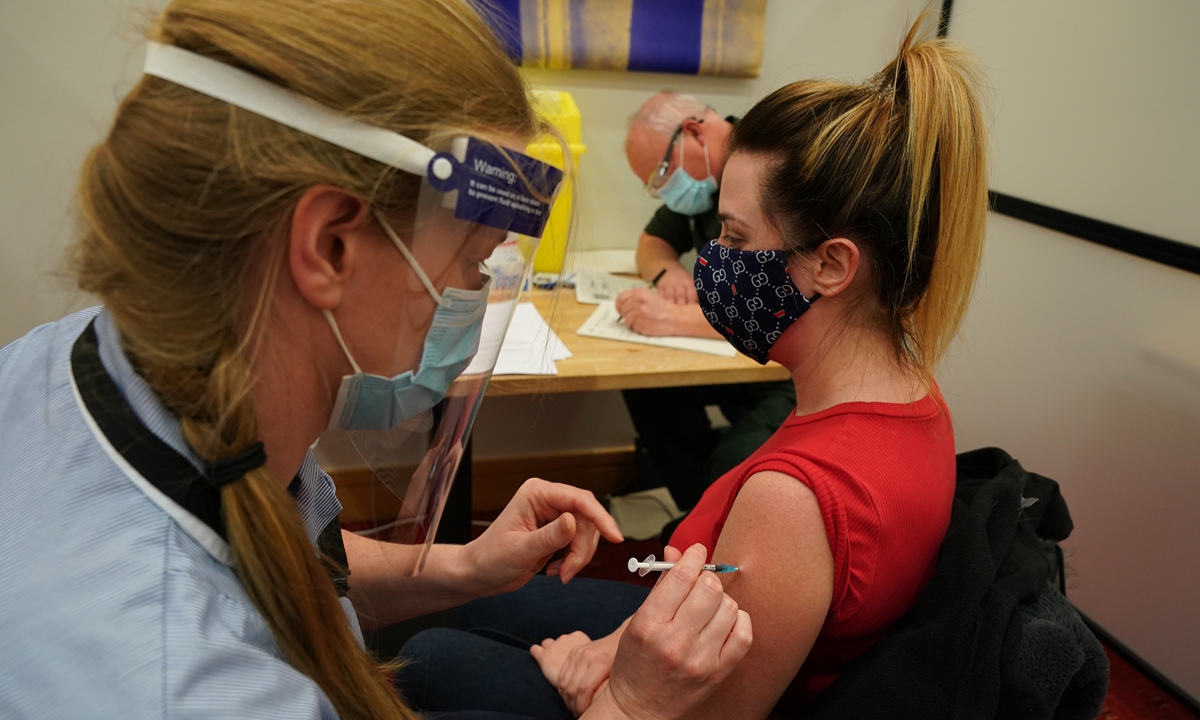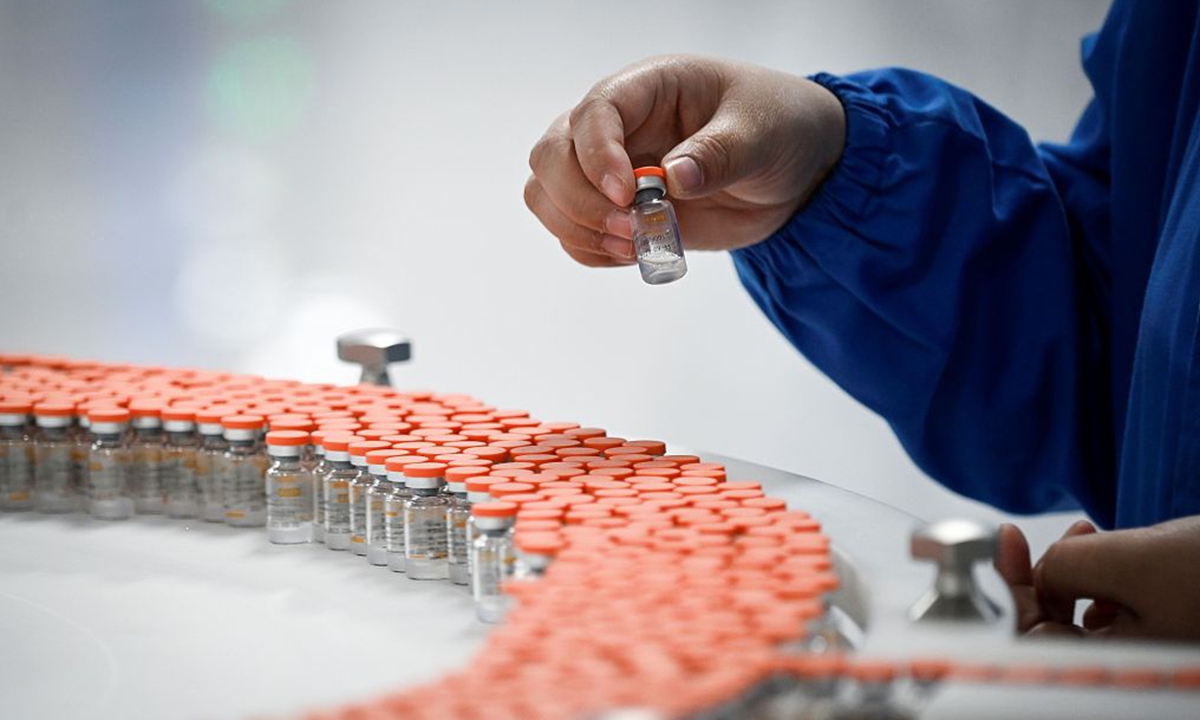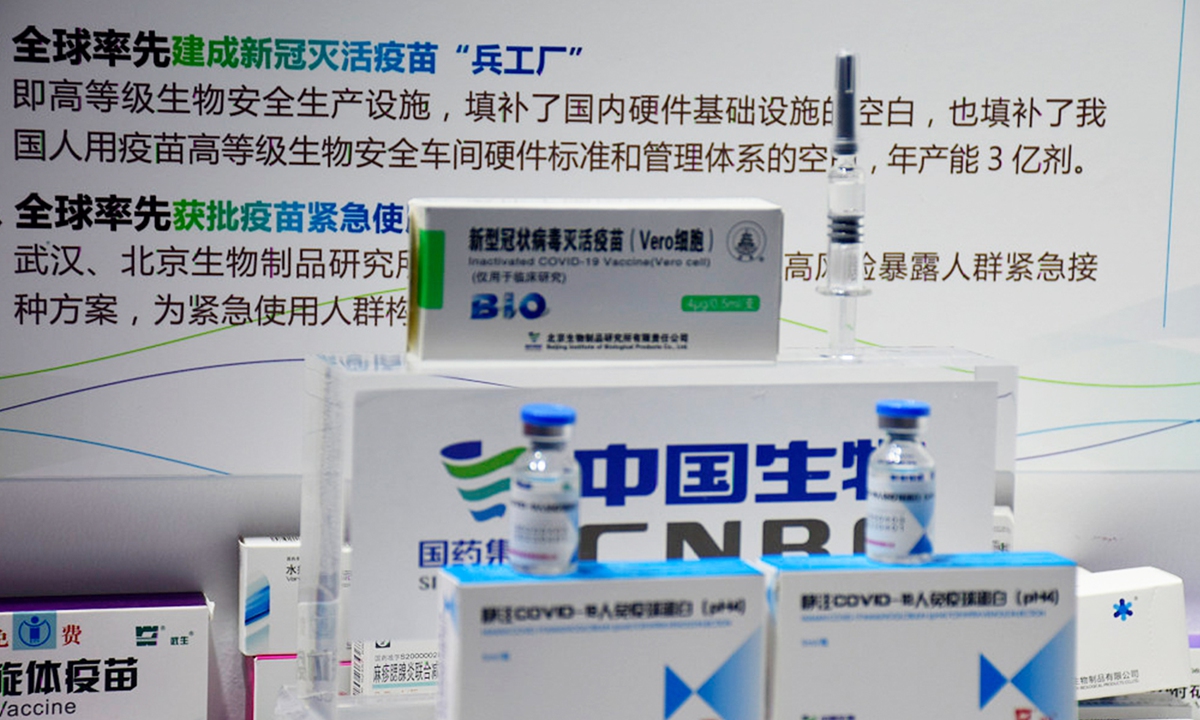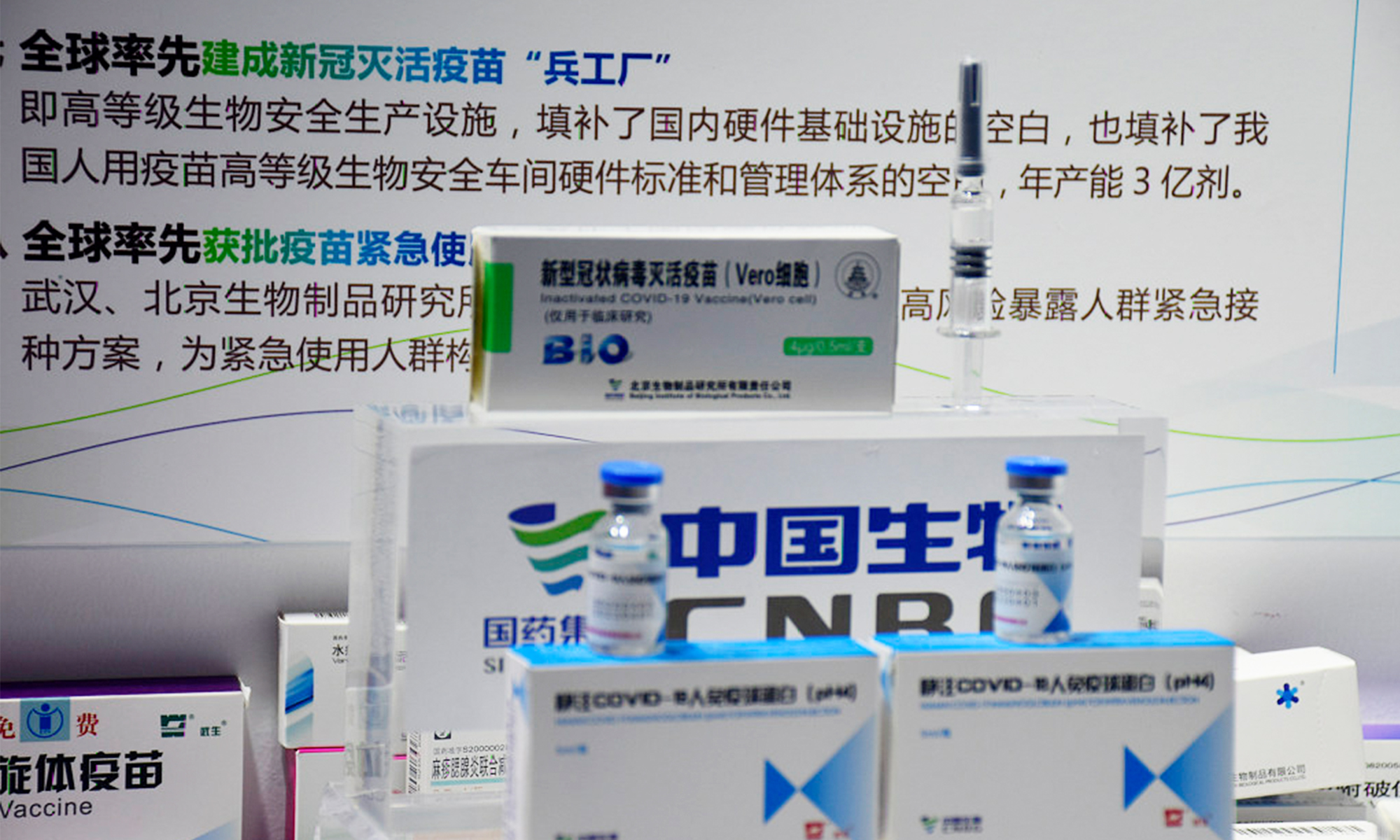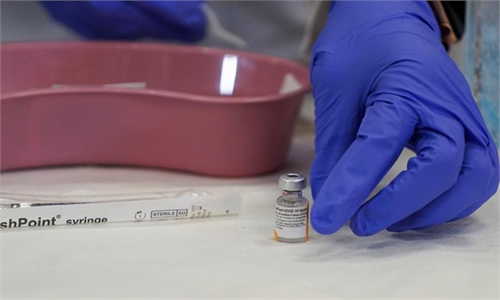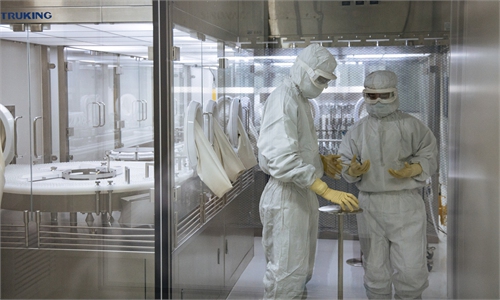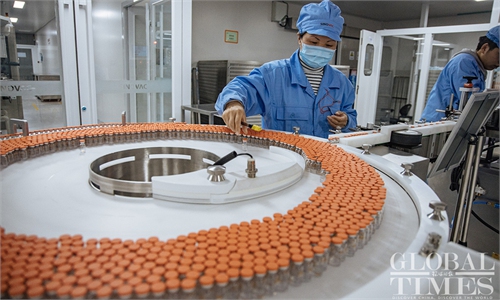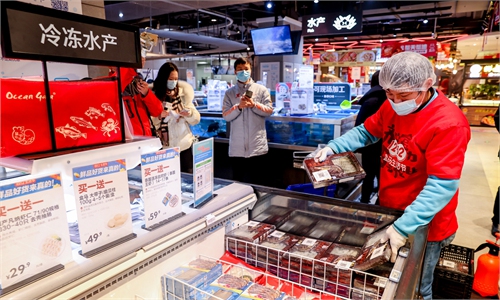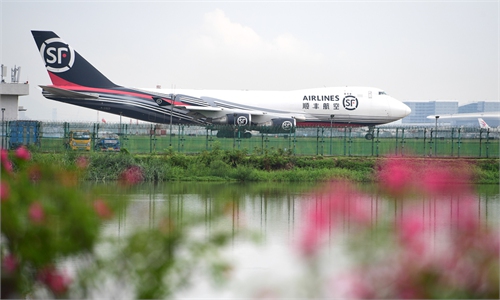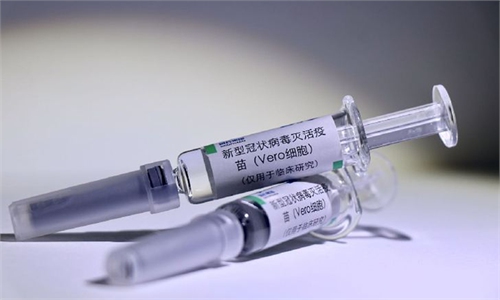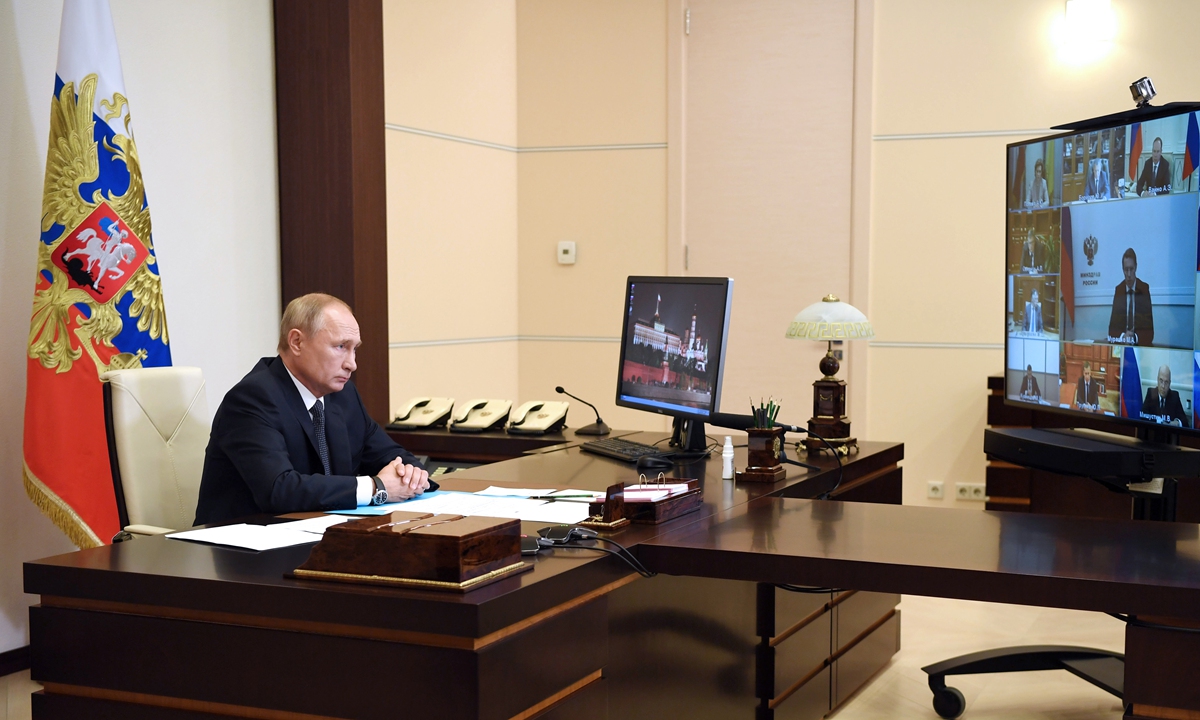The world needs to prepare for the arrival of the coming nuclear submarine craze
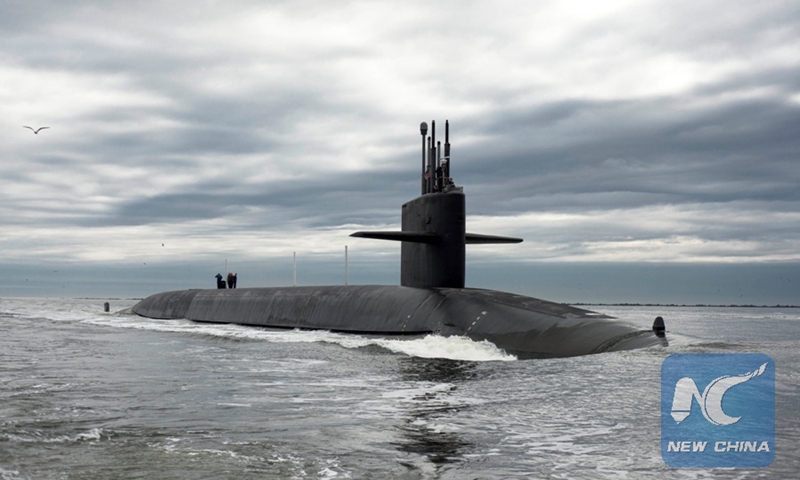
It is an act by the US and UK, two nuclear-weapon states, to secretly support and provide carriers of weapons of mass destruction, nuclear technology, and nuclear materials to Australia, a non-nuclear-weapon state, within the Anglosphere. But the move apparently runs counter to the objectives and core obligations set by the Treaty on the Non-Proliferation of Nuclear Weapons (NPT).
First, the AUKUS move will lead to the proliferation of carriers of weapons of mass destruction (WMD) in the world. Although the nuclear-powered submarine is not a type of nuclear weapon itself, it still has the potential to carry nuclear weapons. It also belongs to an important platform for carrying WMD.
There are only six countries in the world that have nuclear submarines, including China, the US, Russia, the UK, France, and India, all of which possess nuclear weapons as well. It is clear that nuclear-powered submarines and nuclear weapons are inextricably linked with each other.b
Second, AUKUS will spread fissionable material that could be used to make nuclear weapons. The second paragraph of Article III of the NPT states that each member party to the Treaty undertakes not to provide special fissionable material to any non-nuclear-weapon state unless subject to various safeguards.
The International Atomic Energy Agency has no authority to supervise nuclear materials for submarines because of their military implications, which has objectively created conditions for Australia to make nuclear weapons. In history, Australia once planned to build up its own nuclear arsenal, while the UK conducted its first nuclear test in Australia in 1952.
Third, the partnership between the UK, the US and Australia may lead to the proliferation of uranium enrichment technology.
Washington and London's nuclear-powered submarines run on highly enriched uranium, while Canberra is rich in uranium deposits. If the US and the UK transfer the uranium-enriching technology to Australia to help it become self-sufficient in nuclear fuel, it would be no better than the international nuclear black market reported by the media in the early 2000s.
Fourth, the AUKUS move will negatively impact the international nuclear non-proliferation regime. Since Australia can openly acquire nuclear materials by developing nuclear-powered submarines, other non-nuclear-weapon states may follow suit, resulting in the endless risks of nuclear proliferation on our living planet. Therefore, James Acton, co-director of the nuclear policy program at the Carnegie Endowment for International Peace, called the recent action of the three countries "a terrible precedent."
And, finally, the trilateral security partnership is almost certain to trigger a regional arms race.
Canberra's peace record in the Indo-Pacific region is not unblemished. There were Australian troops participating in unjust wars in countries such as Korea, Vietnam, and Afghanistan. Thus, Australia's enhanced underwater attack capability is no good news for its neighbors that may be forced into a vicious circle of the arms race to protect their own national security.
Looking at the latest changes in nuclear policies of the US and the UK, it is needless to say that what these countries have done has disappointed the world. US President Joe Biden once campaigned in his election campaign to reduce the role of nuclear weapons in the US security policy. However, less than eight months after entering the White House, he is eating his campaign pledge.
The same is also true with the UK. In March this year, the country adjusted its nuclear strategy drastically and took a significant step backward in its nuclear arms control. It not only increased its nuclear weapon stockpile cap from 180 to 260 warheads, but moved to lowered the threshold for the use of nuclear weapons.
Peace, development, and nuclear non-proliferation are what most countries in the world yearn for. The actions of the US, the UK, and Australia to challenge the bottom line of nuclear non-proliferation, won't bode well for our living world.
The author is director of Arms Control Studies Center, China Institutes of Contemporary International Relations. opinion@globaltimes.com.cn
Malaysia and Indonesia warn Australia's Indo-Pacific pact ...
Malaysia expresses concern over Australia's nuclear sub - CNA
Malaysia warns new Indo-Pacific pact may trigger ... - Reuters
Quad mechanism turning into 'sinister gang of Indo-Pacific': Global Times editorial We must warn solemnly Japan, India and Australia not to follow the US too far in confronting China. Once they step on the red line of China's core interests, China will not care about their relations with the US, and China will not hesitate to punish the
Malaysia Says AUKUS Alliance May Lead to Arms Race ..
Evergrande 'not too big to fail': Chinese analyst responds to foreign hype
As discussion about Evergrande Group has continued to ferment, the Chinese real estate giant said it will pay interest to professional investors starting on Thursday for corporate bonds issued in 2020, with interest paid at 58 yuan ($8.98), tax included, per lot with a par value of 1,000 yuan.


